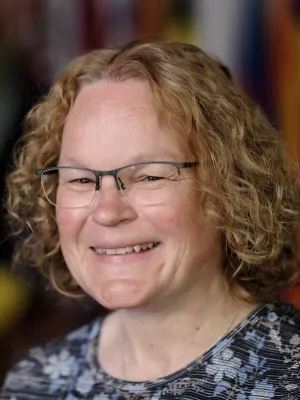
Jenny Palm
Head of department

Residential solar electricity adoption : how households in Sweden search for and use information
Author
Summary, in English
Background: As a renewable energy solution, photovoltaics (PVs) are crucial in the transition to a more sustainable energy system. Besides large PV installations, household adoption of PVs will be an important contribution to this transition. However, the adoption of PVs on a household level faces many barriers, with gathering and understanding information being one of the major barriers. The aim of this article is to do an in-depth analysis of how households search for and interpret information about PVs and to discuss how to reach different groups with information. Methods: The results in this paper are based on three interview studies made between autumn 2013 and autumn 2016. In the first interview study, seven non-adopters of photovoltaics were interviewed. In the second study, seven adopters of photovoltaics were addressed. In the third study, a total of 44 households were interviewed, with a mix of non-adopters and adopters. In total, 58 households were interviewed. Results: From the interviews, we developed four ideal types for PV adoption. The non-adopters use few sources of information, find the information complicated, and have a tendency to emphasize barriers rather than enablers for PV adoptions. The environmentally engaged adopters search a lot of information but find it difficult to know when they have enough or the right information. They also find information too technical and complicated and find it hard to compare quotes. The professionally skilled group easily accesses information but also experienced problems in comparing quotes and are critical to that many problems occur during the installation process. The accidental adopters more or less happen to get a PV system and needed little information. They usually took the offer from the provider first met. Conclusions: We can conclude that when dividing the households into different ideal types, it is possible to detect what kind of information measures different groups need. To get a future increase of the number of installed PVs, it is important to develop different measures in parallel, to meet the needs from the different groups.
Department/s
- The International Institute for Industrial Environmental Economics
Publishing year
2018-05-07
Language
English
Publication/Series
Energy, Sustainability and Society
Volume
8
Issue
1
Document type
Journal article
Publisher
Springer
Topic
- Information Studies
- Energy Systems
Keywords
- Adopter
- Adoption process
- Households
- Ideal type
- Information
- Peer effect
- Photovoltaics
- Prosumers
Status
Published
ISBN/ISSN/Other
- ISSN: 2192-0567

